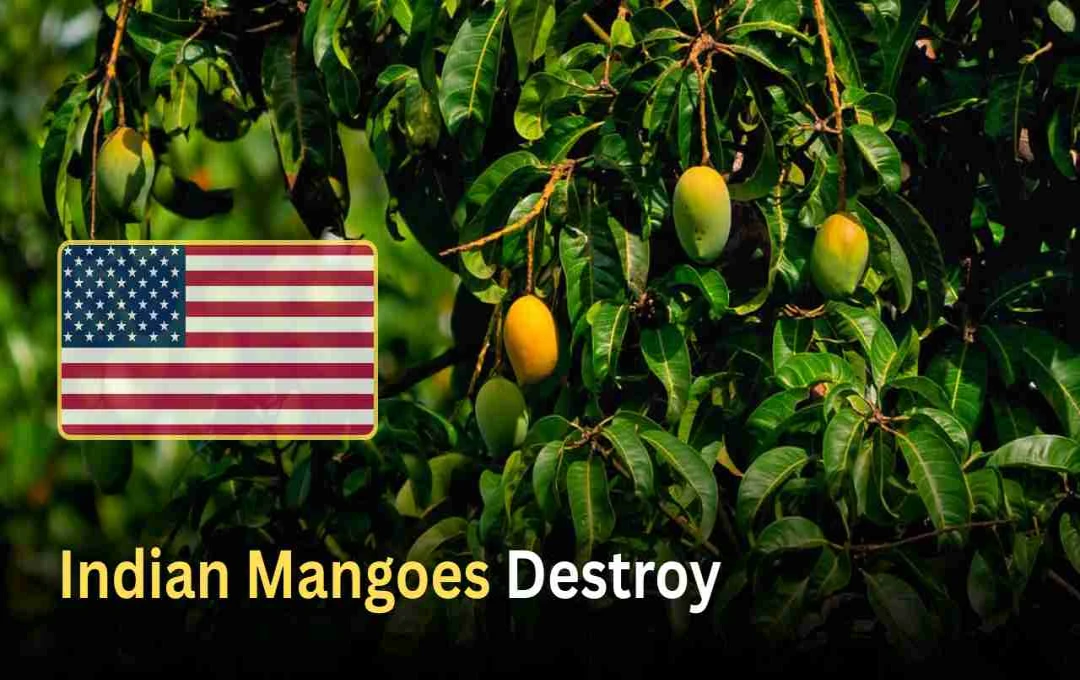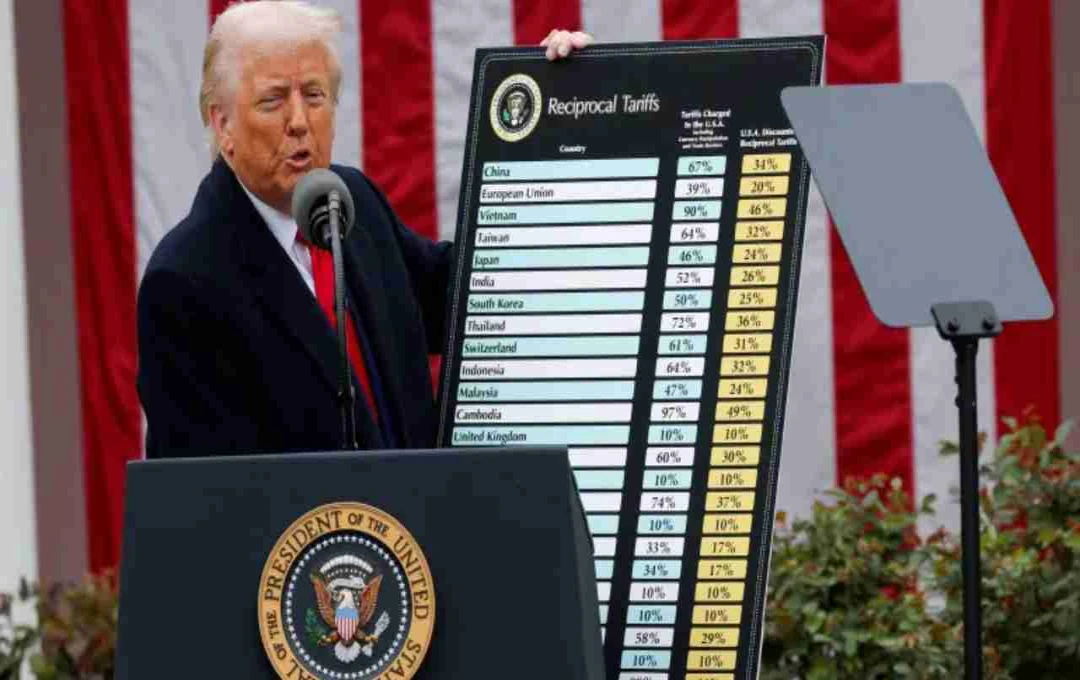New Delhi: The United States recently destroyed 15 shipments of mangoes imported from India due to irregularities in documentation. These mangoes were estimated to be worth approximately ₹4.28 crore (US$500,000). This incident highlights the critical need for transparency and diligence in fruit export procedures between the two countries.
What Happened?
These shipments of mangoes, transported by air from India, underwent irradiation at a facility in Navi Mumbai on May 8th and 9th. Irradiation is a scientific process that uses controlled radiation to eliminate pests in fruits, extending their shelf life.
However, upon arrival at Los Angeles, San Francisco, and Atlanta airports, the mangoes were detained by US authorities due to irregularities in the documentation related to the irradiation process, specifically the PPQ203 form.
What Were the Documenation Irregularities?
According to the United States Department of Agriculture (USDA), the PPQ203 forms used for these shipments were incorrectly issued. This form can only be certified after verification and inspection by a USDA official. US authorities stated that the irradiation process did not fully meet standards.

However, Indian exporters deny this claim. They argue that if the process hadn't been completed correctly, the form wouldn't have been issued, and the shipments wouldn't have been allowed onto the planes. They claim the fault lies with the irradiation center, but the loss falls on them.
Why Were the Mangoes Destroyed?
Given the perishable nature of mangoes and the high cost of returning them to India, the exporters opted to have the shipments destroyed in the US. This resulted in a multi-crore rupee loss. The USDA notice clearly stated that the shipments had to be either returned or destroyed. No compensation was offered by the US government.
Lessons Learned?
This incident underscores that in international trade of high-quality products, accurate and precise documentation is as crucial as product quality. India needs to strengthen and improve transparency in export processes and establish accountability for the involved centers and authorities.
The US is the largest importer of mangoes from India. However, this incident raises questions about the agricultural trade procedures between the two countries. If improvements aren't made promptly, it could negatively impact India's fruit exports in the future.












